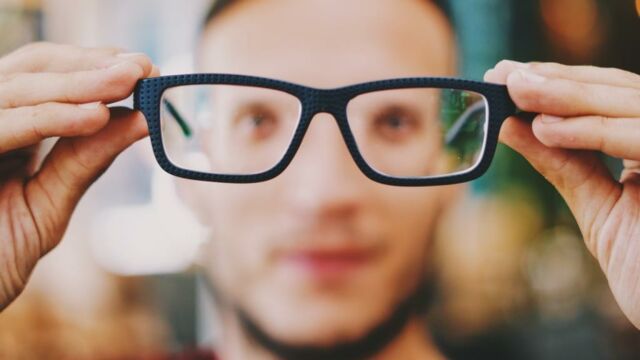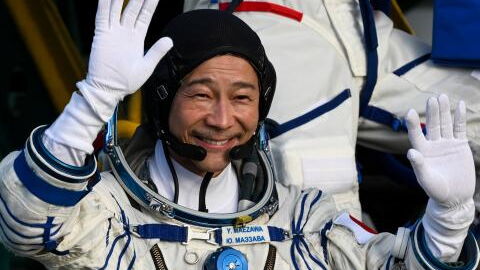It took millions of years for humans to evolve and become a species that is now thriving on Earth. So naturally, spending long periods of time outside this planet will have considerable consequences on the development of one’s body.
Discover our latest podcast
That’s exactly why NASA has repeatedly noticed that astronauts who spend months in the International Space Station come back to Earth with significant modifications in their body—including a drastic change in one’s ability to see.
Deformed eyeballs
According to the BBC, NASA reported that half the astronauts who spent a minimum of six months in the International Space Station (ISS) returned to Earth with vision problems. They first noticed the strange phenomenon in 2005, when astronaut John Phillips’ vision dropped from 20/20 to 20/100 after six months in outer space. Why did this happen?
After investigating and theorising for a number of years, a study led by Noam Alperin, professor of radiology and biomedical engineering at the University of Miami, found that this is caused by an increased build-up in the amount of cerebrospinal fluid in certain parts of the brain.
National Geographic explains that normally, the fluid ‘helps cushion the brain from changes in pressure when your body shifts position—such as standing up or lying down.’ But if there is an unnatural build-up of fluid in the brain, it permanently flattens the eyeball, inflames the optic nerve, and causes vision impairment.
This condition is officially known as the spaceflight-associated neuro-ocular syndrome (SANS).
Solving the problem
Astronauts will most commonly switch their body position when they are lying down to sleep, or standing after waking up. So, to prevent build-up behind in the eyes during a change in body position, scientists have developed a high-tech sleeping bag that pulls the fluid down to the feet while the astronaut is lying down.
Dr. Benjamin Levine, who is heading the project, told BBC he hopes that with this technology SANS will ‘no longer be a health risk by the time NASA launches to the Red Planet.’















